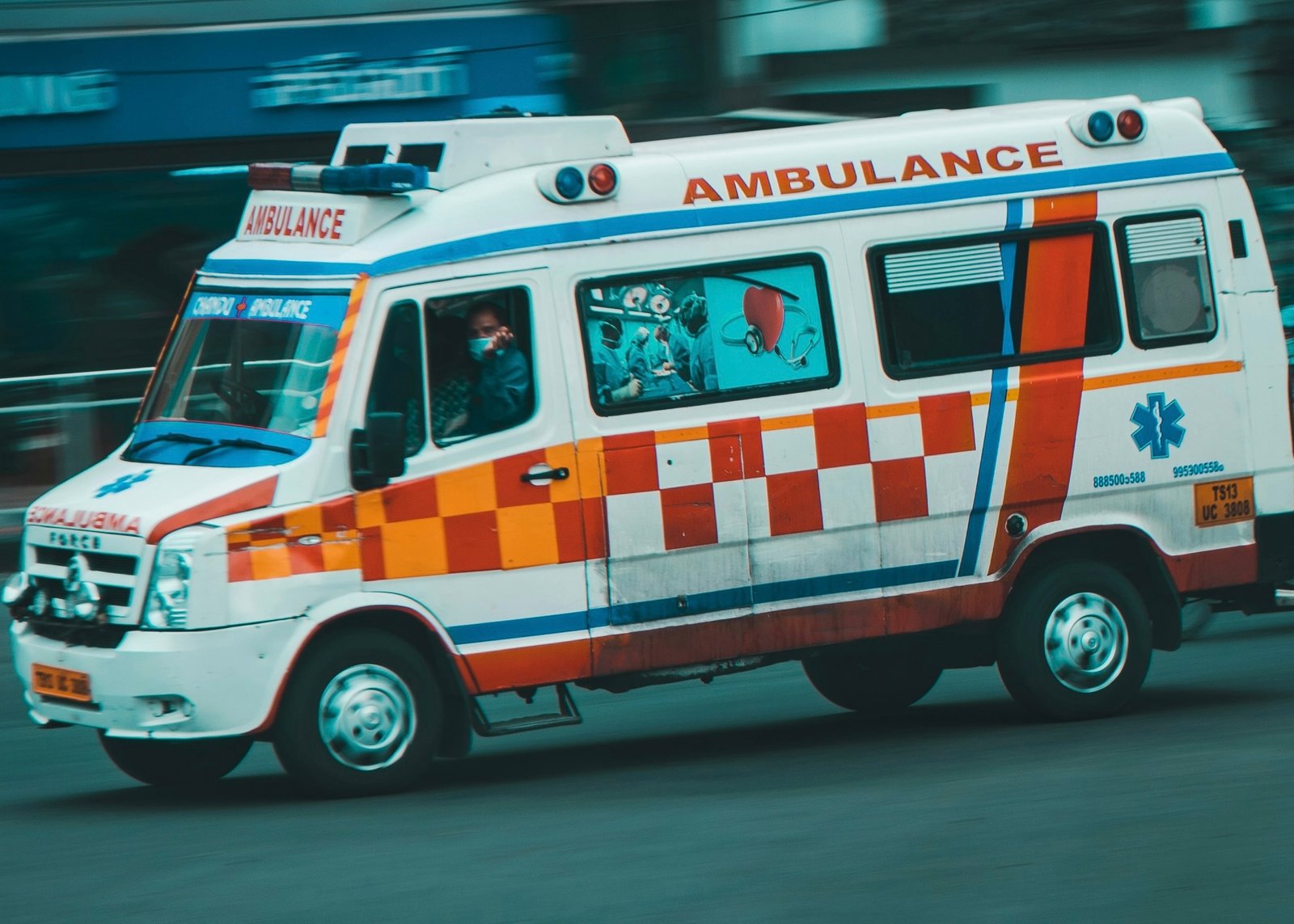By Haitian Tribune Staff | August 8, 2025
PORT-AU-PRINCE — In a country plagued by state failure and spiraling insecurity, even ambulances—symbols of emergency care and human dignity—are not immune to exploitation. According to multiple sources, criminal gangs have been using stolen ambulances to carry out illicit operations, further fueling terror and distrust in already traumatized communities. In response, the Centre Ambulancier National (CAN) is launching an ambitious plan to restructure and reclaim Haiti’s broken ambulance sector.
A Sector Hijacked by Lawlessness
Years of institutional collapse have created a vacuum where lawlessness thrives. The ambulance service, once a pillar of emergency response, has become a tool for gangs, with criminal groups hijacking vehicles originally donated to hospitals or NGOs. These ambulances—often unregistered and misused—have been seen transporting weapons, personnel, and even victims of kidnapping, all while disguised under the veil of humanitarian aid.
“This has become a jungle,” lamented Renan Aristide, Director General of the CAN. “Vehicles marked as ambulances, equipped with sirens and flashing lights, are being operated by funeral homes or private entities without any official regulation. It’s time to draw a line between real emergency response and the misuse of that identity.”
Aristide stressed that ambulances are not hearses, clarifying that they are meant to save lives, not transport the deceased.
Certification and Regulation: A New Enforcement Strategy
To combat the chaos, the CAN has initiated a nationwide re-certification campaign. A new directive requires all ambulance operators—public and private—to renew their certifications. Vehicles that are not officially recognized by the regulatory body will soon be subject to police checkpoints. Law enforcement will be empowered to stop and inspect unverified vehicles posing as ambulances.
While typically ambulances are exempt from traffic stops, Aristide acknowledged the unfortunate necessity of such measures under the current security climate. “We understand the controls,” he said. “They are essential to stop gangs from using emergency vehicles as shields.”
Building Back: CAN’s 100-Day Mission
In a show of progress, Aristide highlighted the accomplishments of his first 100 days in office. Over 50 ambulances have been restored, bringing the national fleet to 102 functional units, including 9 in the Port-au-Prince metropolitan area. CAN insists that its services remain free of charge, although voluntary contributions are accepted due to rising operational costs—especially for fuel.
Still, Aristide admitted that some localities may have requested payment, a practice the agency is working to eliminate. “CAN ambulances serve the entire country,” he emphasized. “No Haitian should be denied emergency care due to inability to pay.”
Investing in Infrastructure: A Modern Emergency Call Center
A key component of CAN’s modernization strategy is the development of a state-of-the-art emergency call center. Currently, emergency calls pass through Haiti’s two main telecom providers, causing delays and limited capacity—only around 10 calls can be processed at once.
The new call center will be independently operated by CAN, capable of handling up to 210 calls simultaneously. The agency also plans to equip all ambulances with GPS tracking systems to improve dispatch efficiency and accountability.
Training, Licensing, and the Way Forward
Recognizing the need for professional standards, CAN is strengthening its training and licensing program. From now on, emergency responders must be certified by the agency to practice in the field. This measure seeks to restore trust, improve quality of care, and curb the influx of unqualified or unethical operators.
Haitian Tribune Analysis: A System in Need of Urgent Healing
The Haitian Tribune views the CAN’s reform agenda as a crucial step forward, but one that must be met with real political will, security support, and sustained funding. The misuse of ambulances by gangs is not just a logistical problem—it’s a symptom of a collapsed governance system, where even emergency services are weaponized by criminals.
Restoring the integrity of the ambulance service is a matter of national urgency. It is not just about vehicles, sirens, or GPS trackers—it’s about restoring dignity and trust in a country where access to life-saving care should never be a privilege, or worse, a weapon of terror.
Only through coordinated oversight, transparent funding, and the full support of public and private actors can the CAN’s mission succeed—and Haitians begin to see ambulances again as a sign of help, not harm.
— Haitian Tribune













